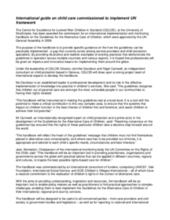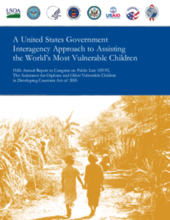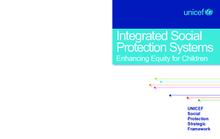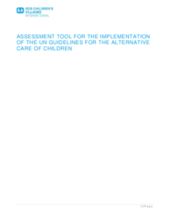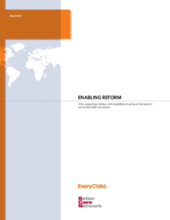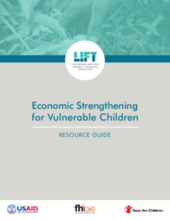Displaying 3791 - 3800 of 4424
The Centre for Excellence for Looked After Children in Scotland (CELCIS), at the University of Strathclyde, has been awarded the commission for an international implementation and monitoring handbook on the Guidelines for the Alternative Care of Children, which were approved by the UN General Assembly in 2009.The purpose of the handbook is to provide specific guidance on the how the guidelines can be practically implemented - a gap that currently exists among service providers and child protection specialists.
On May 2, 2012, in preparation of the Family Strengthening and Alternative Care Conference for Francophone Sub-Saharan Africa in Dakar, Senegal, BCN and the regional planning committee convened experts and practitioners to present and discuss the efforts to implement the Guidelines for the Alternative Care in the region. Watch this video for presentations, country level experience from Togo, and discussions on the pressing issues facing implementation in the region.
The Fifth Annual Report to Congress on Public Law 109-95, The Assistance for Orphans and Other Vulnerable Children in Developing Countries Act of 2005 highlights continued efforts made by the U.S. Government to improve coordination on behalf of vulnerable children in the past year.
This paper presents UNICEF's Social Protection Strategic Framework, which was developed to respond to the emerging global challenges and increased demand for policy and guidance on social protection.
SOS Children's Villages has produced an assessment tool for the implementation of the UN Guidelines for the Alternative Care of Children. It has been designed to support the advocacy activities of SOS Children's Villages. The tool’s main focus is to measure a state’s obligations under the UNCRC, in providing quality care arrangements for all children who have lost parental care and those families at risk of separation
In this article, the authors briefly review the history of institutional care and surrogate care. They then discuss why institutional care is at odds with children’s needs, and review the empirical evidence regarding the effects of institutional care on young children’s development.
The paper provides a clear agenda for action for reversing the neglect of childhood disability in child care reform and points towards several key policy recommendations.
The National Family Preservation Network (NFPN) recently released its family assessment tool designed for use in Least Developed Countries (LDC). The tool aims to help a variety of workers serving families in least developed countries by providing methods and approaches to enhance family strengthening.
This is a resource guide designed for PEPFAR implementing partners to help them effectively design and implement economic strengthening activities for vulnerable children. The guide lists gender, age, social inclusion, conflict, accessibility, chronic illness, and environment as reasons that certain children and households are vulnerable.
This article reviews the emerging literature on transnational parenthood, concentrating on six themes: gender, care arrangements, legislation, class, communication and moralities.

